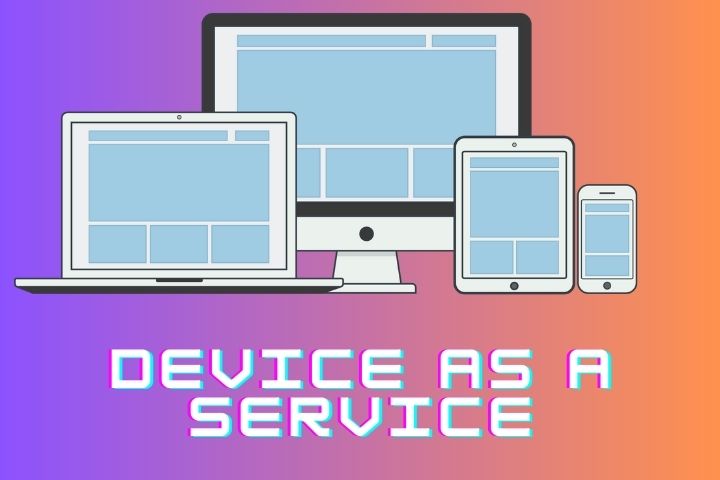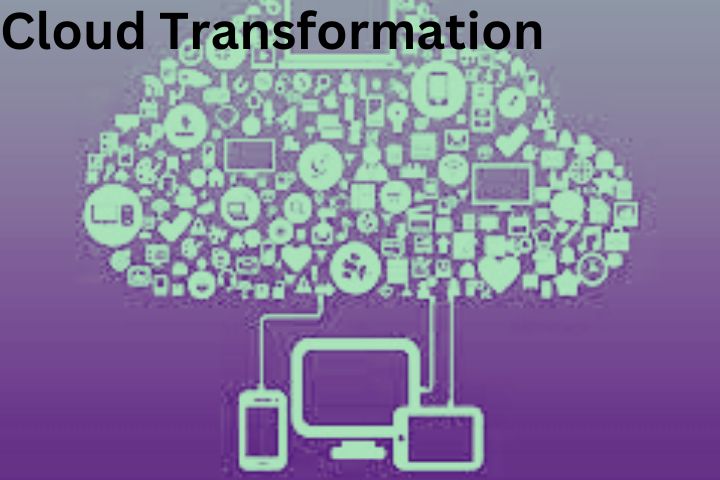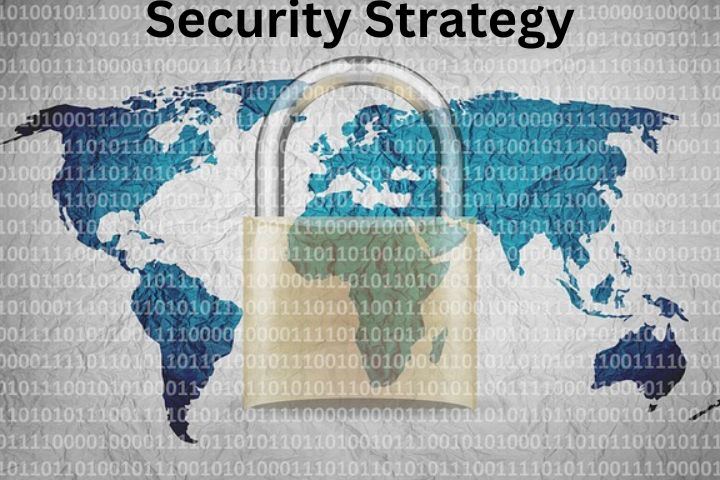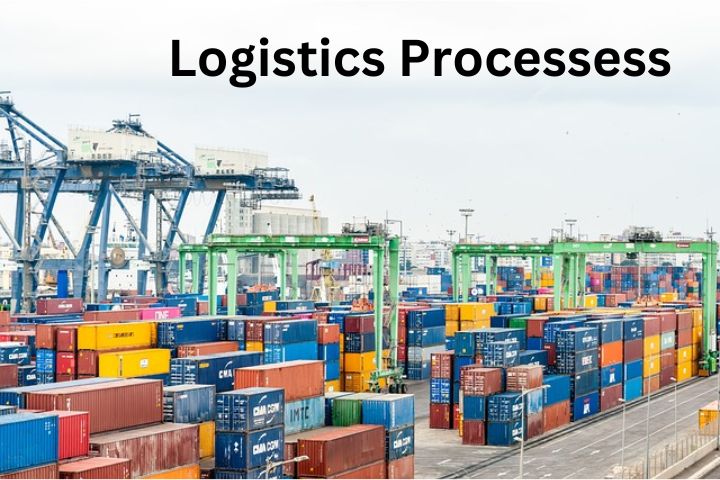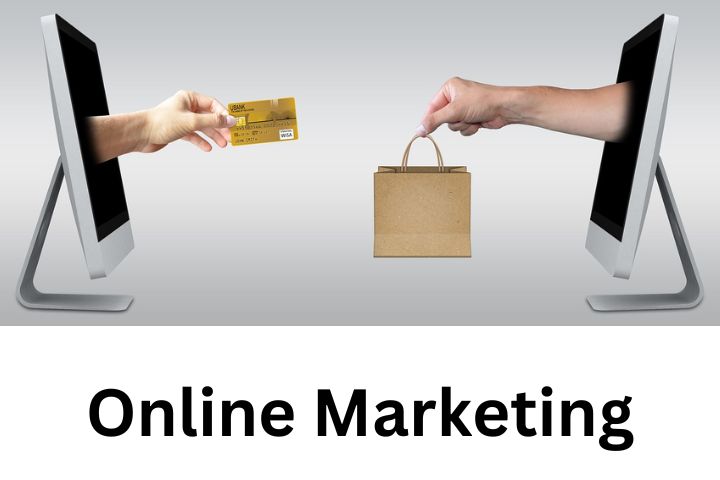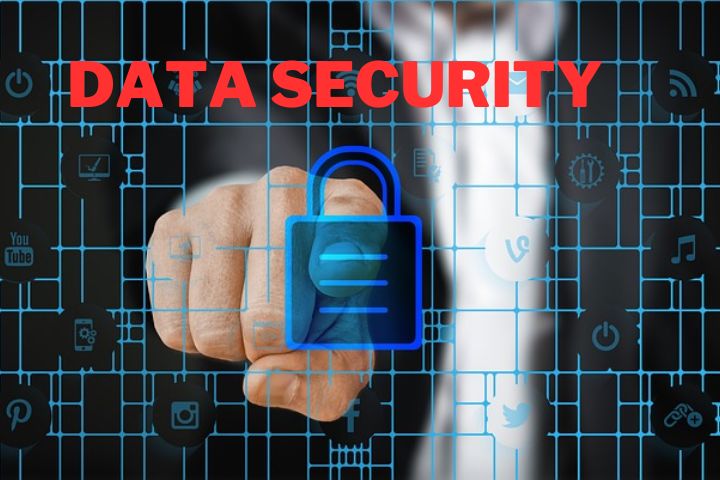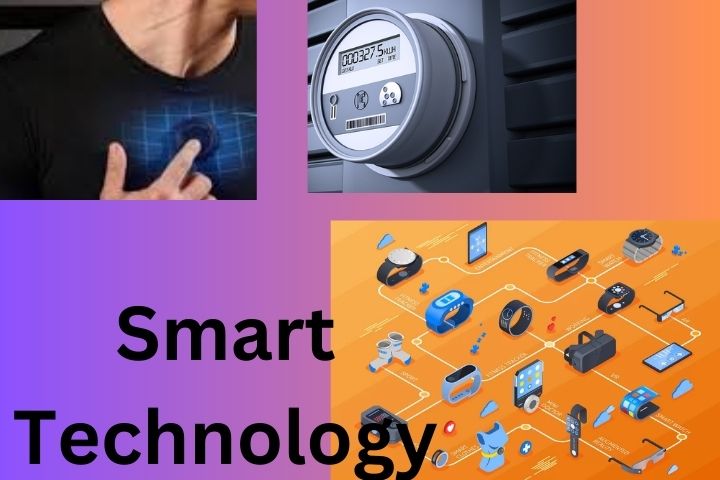
When it comes to smart technology, there are usually two camps. The camp of the frenetics and the camp of the skeptics and critics.
In the trade press, one reads articles that deal with the many positive aspects and constructively highlight weaknesses by referring to solutions and solution providers.
In the general press, one tends to find reports about warnings about the risks of promising technologies. So it is not per se negative reporting, but in particular, the possible danger of manipulation or data theft overshadows the majority of these reports.
Misuse of Smart technology:
It is often misunderstood that this manipulation is also feasible in many other areas already more integrated into our everyday lives. It may be the habit that keeps you from extending the danger scenarios to it. The new is often better suited for this.
But smart technology is no longer that new. For example, “intelligent electricity meters” were already used in the 1990s. Mostly for major customers, but since 2010 they have also been used in the private sector.
With the development of the Internet and better and safer transmission paths, the fields of application for smart technology are also increasing, both in business, industry, and private life.
Definition:
Smart technology does mean not only classic electrical devices with an internet connection but also various products that add several additional functions to the original functionality by adding technologies such as computer chips or network connections.
Most people are more familiar with it as the Internet of Things or IoT for short.
Applications:
We like to think of the refrigerator with an internet connection, which allows a look inside via webcam in the supermarket, which independently reorders products or reports if the door is not properly closed.
In the meantime, however, other devices can also be controlled via the Internet, switched on and off, or data can be called up for various reasons.
For example, did you know that you can buy smart mattresses?
Opportunities:
Whether in medicine, production, research, or even in our private households – Smart Technology enables us to collect relevant data in a focused manner to obtain better performance from devices, more effective processes from machines, and more precise values in the application.
It makes our lives easier, offers the opportunity to increase our need for security, and allows us more time for important things.
At a time when time is becoming an increasingly valuable commodity in business and personal life, this is perhaps the greatest benefit we receive from Smart Technology.
Use case:
It helps us to make our lives more sustainable. Having time and the desire or need to strengthen ecological behavior, i.e., to protect the environment by reducing consumption, increasing resource efficiency, or using regenerative resources, is also one of the most important factors for our customers.
Ever greater automation can significantly increase efficiency. For a high degree of automation, collecting as much data as possible is necessary to calculate the right decisions.
Conclusion:
And this is where our core competence, the development, and sale of solutions for smart metering applications, comes into play. Smart metering describes the digital measurement and control of energy consumption and supply.
It gives the user an overview of how much energy or resources are being used at what time and where allowing him to intervene to regulate things. Consumption data can be recorded efficiently, and costs can be saved through data-based optimization.


